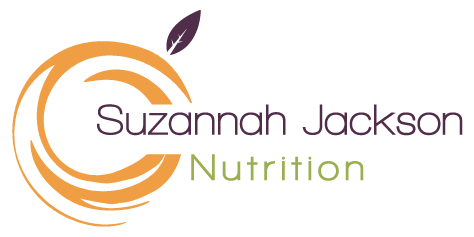A properly functioning digestive system is critical to good health. In fact, problems with the gastrointestinal (GI) tract can cause more than just stomach aches, gas and bloating or diarrhoea. GI issues may underlie chronic health problems that seem unrelated to digestive health, including autoimmune diseases such as rheumatoid arthritis and type 1 diabetes, skin problems such as eczema and acne rosacea, and heart disease (just to name a few).
Let me tell you about the 5R’s
In Functional Medicine we use a programme that goes by the simple acronym of the ‘5Rs’:
THE
5 R’S
Remove
Replace
Reinoculate
Repair
Rebalance
When applied to various chronic health issues, the 5R programme can lead to dramatic improvement in symptoms and sometimes even complete resolution.
So what do elements of the 5R programme actually mean?
- REMOVE
Remove stressors
Get rid of things that negatively affect the environment of the GI tract including allergic foods, parasites and potential problematic bacteria or yeast.
This might involve using an “elimination diet” to find out what foods are causing GI symptoms or it may involve taking medications or herbs to eradicate a particular bug.
- REPLACE
Replace digestive secretions
Add back things like digestive enzymes, hydrochloric acid and bile acids that are required for proper digestion and that may be compromised by diet, medications, diseases, ageing or other factors.
- REINOCULATE
In this phase we are looking to help beneficial bacteria flourish by ingesting probiotic foods or supplements that contain the “good” GI bacteria such as bifidobacteria and lactobacillus species, and by consuming the high soluble fibre foods that good bugs like to eat, called prebiotics.
I hear you asking already… what’s the difference between probiotics and prebiotics?
Probiotics are beneficial microorganisms found in the gut that are also called “friendly bacteria.” Use of antibiotics kills both good and bad bacteria. Probiotics in the form of supplements or food are often needed to help re-establish a balanced gut flora. Fermented foods, such as yoghurt, miso, and tempeh are food sources of probiotics.
Prebiotics are food ingredients that selectively stimulate the growth of beneficial microorganisms already in the colon. In other words, prebiotics feed probiotics. Prebiotics are available in many foods that contain a fibre called inulin, including artichokes, garlic, leeks, onion, chicory, tofu, and other soy products. Grains such as barley, flax, oats and wheat are also good sources of prebiotics.
- REPAIR
It is important to help the lining of the GI tract repair itself by supplying key nutrients that can often be in short supply in a compromised gut, such as zinc, antioxidants (e.g. vitamins A, C, and E), fish oil, and the amino acid glutamine.
- REBALANCE
In order to achieve good health, it is important to pay attention to lifestyle choices. Sleep, exercise, and stress can all affect the GI tract. Balancing these activities is important for an optimal digestive tract.
If this blog has got you thinking more about your general health, weight loss, immunity or gut health I would be delighted to talk to you about how I can help.
Check out the link below for a free 20 minute consultation or send me an email at: info@suzannahjacksonnutrition.co.uk
I am a fully qualified Nutritional Therapist and can work with you to create a plan specific to your body’s needs and your personal health and fitness goals.

